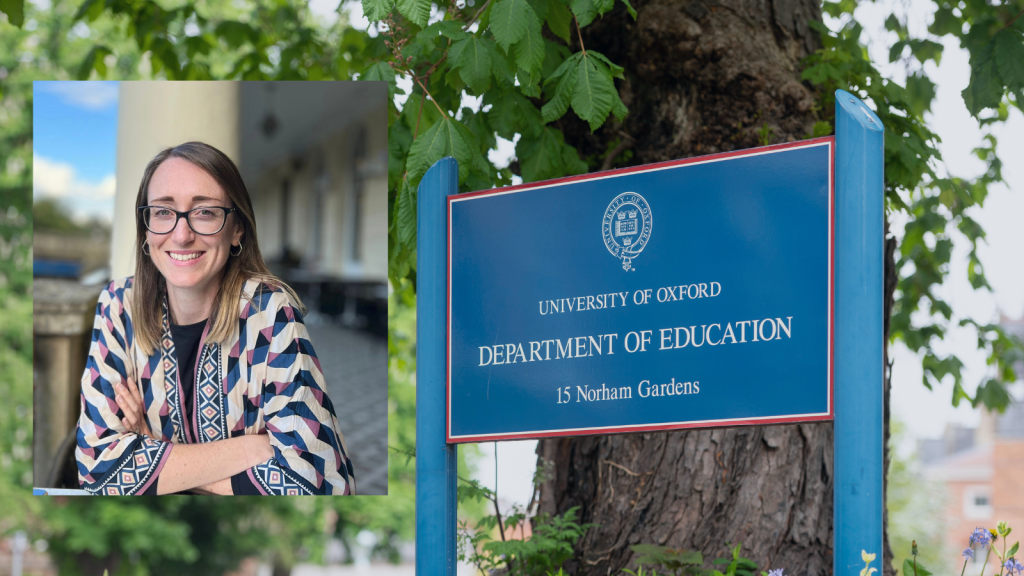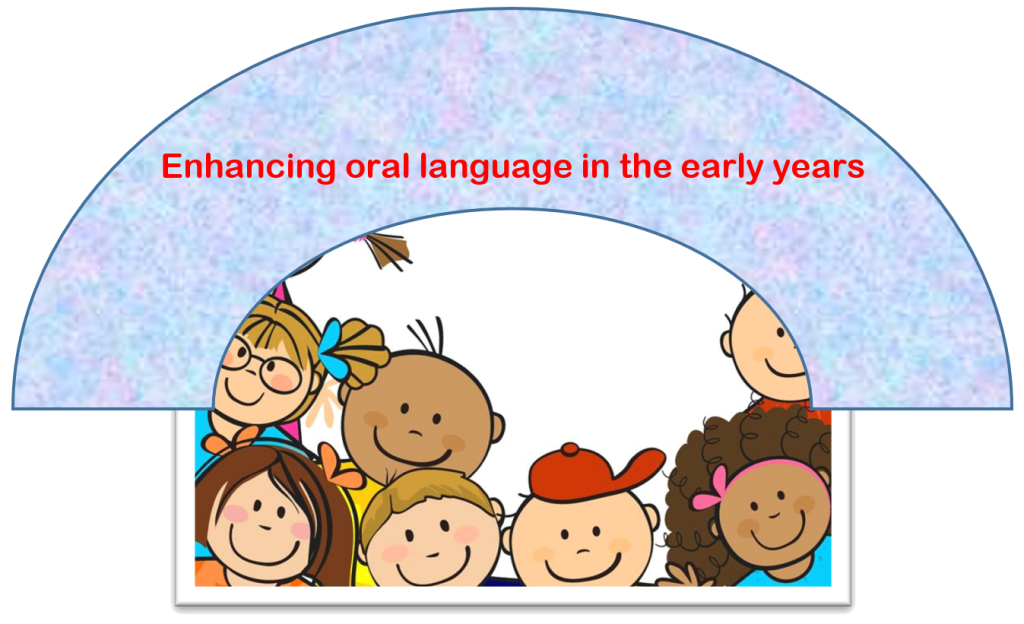Improving Children’s Working Memory
The Project
Working memory is the ability to remember and manipulate information over short time-frames. Longitudinal studies show a correlation between working memory and attainment in maths, particularly arithmetic; this relation holds true even when intelligence is controlled for. The Working Memory programme has been tested in two control group studies, one with hearing children and one with deaf children. These two studies provide promising results with both suggesting that the intervention positively impacts on working memory.
The working memory intervention is delivered by teaching assistants (TAs) and targeted pupils are identified by teachers as performing in the bottom third of the class for numeracy at the end of Key Stage 1. TAs worked with children to teach them memory strategies; the children practise the use of these strategies through adaptive games played online developed by the Children Learning team. The programme’s impact on working memory and arithmetic has been evaluated by an independent evaluation team in a project sponsored by the EEF.
More information about the evaluation: educationendowmentfoundation.org.uk/projects-and-evaluation/projects/improving-working-memory/
Evaluation Report
More Projects
-
ProjectPupil interactions and networks in special schoolsDiscover MoreStart date: September 2024End date: August 2025
-
ProjectFeasibility trial of an adapted anti-bullying programme for children in special schoolsDiscover MoreStart date: October 2024End date: September 2026
-
ProjectEffects of Education Endowment Foundation interventions on protection from COVID-19 learning lossDiscover MoreStart date: October 2024End date: March 2025
-
ProjectLangQuest-EY: A self-report educator questionnaire to assess confidence in language supporting practices in early years settingsDiscover MoreStart date: July 2023End date: March 2024
-
ProjectEffectiveness Trial for the Evaluation of the Mathematical Reasoning Programme for Year 2 Pupils Using an Online Professional Development Training ModelDiscover MoreStart date: February 2024End date: March 2026
-
ProjectOnline Professional Development for Delivering the Mathematical Reasoning Programme in Year 2Discover MoreStart date: November 2022End date: October 2023
More News
-
 NewsNew definition for bullying released to better support pupils and schoolsMay 8, 2025
NewsNew definition for bullying released to better support pupils and schoolsMay 8, 2025 -
 NewsNew trial will evaluate Talking Time programme for Early Years practitionersJanuary 25, 2024
NewsNew trial will evaluate Talking Time programme for Early Years practitionersJanuary 25, 2024 -
 NewsReport published today provides evidence on what influences EAL learners to mitigate language learning lossMarch 17, 2021
NewsReport published today provides evidence on what influences EAL learners to mitigate language learning lossMarch 17, 2021 -
 MediaProfessor Edward Melhuish in a TRT World Roundtable discussion on the return to schoolAugust 31, 2020
MediaProfessor Edward Melhuish in a TRT World Roundtable discussion on the return to schoolAugust 31, 2020 -
 NewsPutting children first: sharing research evidence to inform Indian education policy and practiceAugust 11, 2020
NewsPutting children first: sharing research evidence to inform Indian education policy and practiceAugust 11, 2020
Project Details
More Projects
-
ProjectPupil interactions and networks in special schoolsDiscover MoreStart date: September 2024End date: August 2025
-
ProjectFeasibility trial of an adapted anti-bullying programme for children in special schoolsDiscover MoreStart date: October 2024End date: September 2026
-
ProjectEffects of Education Endowment Foundation interventions on protection from COVID-19 learning lossDiscover MoreStart date: October 2024End date: March 2025
-
ProjectLangQuest-EY: A self-report educator questionnaire to assess confidence in language supporting practices in early years settingsDiscover MoreStart date: July 2023End date: March 2024
-
ProjectEffectiveness Trial for the Evaluation of the Mathematical Reasoning Programme for Year 2 Pupils Using an Online Professional Development Training ModelDiscover MoreStart date: February 2024End date: March 2026
-
ProjectOnline Professional Development for Delivering the Mathematical Reasoning Programme in Year 2Discover MoreStart date: November 2022End date: October 2023
More News
-
 NewsNew definition for bullying released to better support pupils and schoolsMay 8, 2025
NewsNew definition for bullying released to better support pupils and schoolsMay 8, 2025 -
 NewsNew trial will evaluate Talking Time programme for Early Years practitionersJanuary 25, 2024
NewsNew trial will evaluate Talking Time programme for Early Years practitionersJanuary 25, 2024 -
 NewsReport published today provides evidence on what influences EAL learners to mitigate language learning lossMarch 17, 2021
NewsReport published today provides evidence on what influences EAL learners to mitigate language learning lossMarch 17, 2021 -
 MediaProfessor Edward Melhuish in a TRT World Roundtable discussion on the return to schoolAugust 31, 2020
MediaProfessor Edward Melhuish in a TRT World Roundtable discussion on the return to schoolAugust 31, 2020 -
 NewsPutting children first: sharing research evidence to inform Indian education policy and practiceAugust 11, 2020
NewsPutting children first: sharing research evidence to inform Indian education policy and practiceAugust 11, 2020







